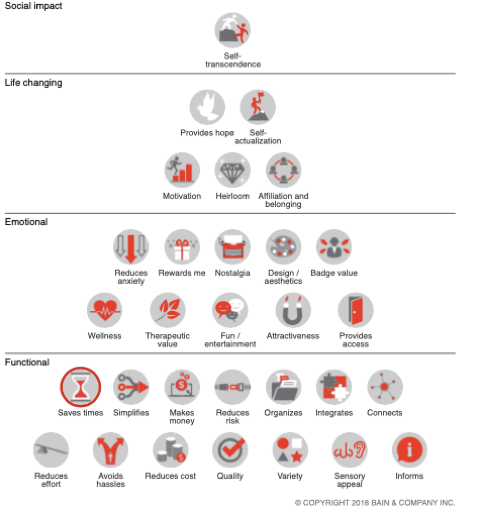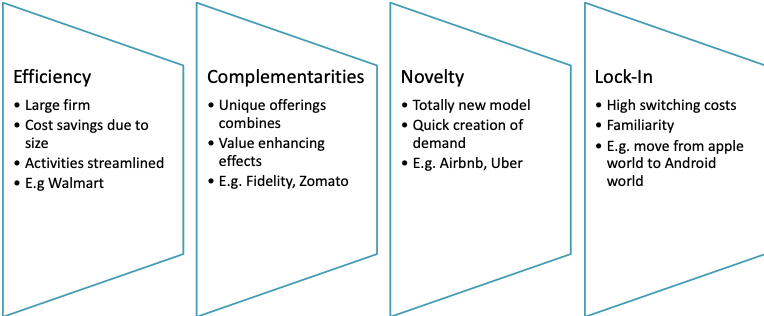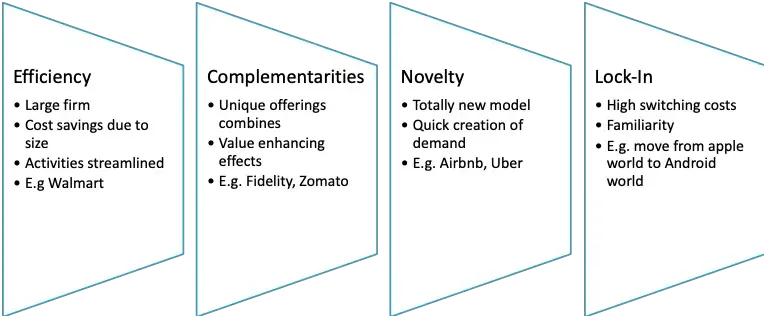Introduction:
Agile in its core needs to bring business teams closer to the technology implementation and increase the speed of feedback loops. With Business outcome at the critical success factor along with culture of courage, transparency and commitment built into teams as a core driver, all teams start their transformation.
As you have read in the first part of the series, change in the culture starts with the teams to create an awareness of problem awareness, engaged teams and innovation mindset.
In this article we’ll explore deeper on why do we need to invest in Unlocking Business Value and why is it critical now.
Value Realities are changing rapidly
In the research paper by Ken & Williams / Value Architecture for Digital Business 2013, Digital businesses today have different Value realities compared to what we saw even a decade back.
Some of the reasons for change in Value realities is listed below.
| Reality | Why? |
| The buyer determines value | Given choices, the buyer not the seller determines which dimensions of value matter and how offers compare |
| Value is always relative and shifting | As it’s a function of an expanding choice space, driven by forces that disturb the business terrain |
| Companies leverage eco complexes | Companies exploit the choice space to leverage adaptive eco complexes of relationships rather than go it alone |
| Entrepreneurs will offer new dimensions of values | Distinctive characteristic of the entrepreneur us to leverage the forces of disturbance to offer new dimensions of value or enhance existing ones |
With such changes happening in the customer and competitive context, its imperative for the product management teams to understand the Why’s of any feature implementation from the hypothesis towards the benefit analysis.
In layman terms, idea at start point maybe different and while executing the concept, product management and leadership have a critical part to play to continue to stay focused on the changes that need to be made to adjust the hypothesis based on market realities.
Each feature that is being added/updated would be bringing several value elements from the Value pyramid . Which element is having the most impact depends on the customer context.

For example, we will take redbus.in which is a travel aggregator for buses in India. When redbus.in released a feature for tracking GPS of the bus for all its customers, it provided reducing anxiety and providing access for the travellers at an emotional level.
It further saved time for the users and reduced effort for its drivers at the functional level.
This sort of understanding of all the business elements that are being impacted needs to be understood by the product managers and should not be left to serendipity.
Higher the number of business elements that are provided as part of each feature, would create a unique value proposition for the stakeholders within the market place.
Who are the stakeholders?
This conversation, brings a critical focus on who are the stakeholders in this changing business model?

While business models are changing in the digital world, taking a step back and deep appreciation of business model that is being operated is critical to appreciate.
Stakeholders include all the actors in the market place and this brings to the important construct of personas. Understanding of the personas and operating arena is an important step towards unlocking business value by the product leaders.
Bringing it together
Agile in its core needs to bring business teams closer to the technology implementation and increase the speed of feedback loops. With Business outcome at the critical success factor along with culture of courage, transparency and commitment built into teams as a core driver, all teams start their transformation.
It’s important to invest in product management practices based on value realities, personas and digital business model that is being incorporated. These three steps need to be done to unravel Being agile pivoted toward business value based solutions, platforms and products.
Unlocking Business Value is an intervention to help teams to deeply appreciate the value that is being created and pave a path for even higher value creation.
References to other Business Value series
Foundation of Agile culture rooted in the value delivery
Power of questions and tying the engagement, enablement of agile teams




